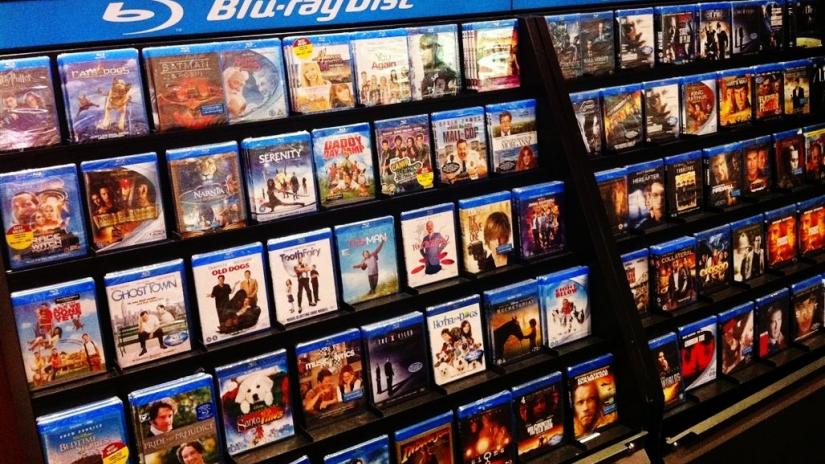The importance of physical media in entertainment
I was laying in bed, listening to a playlist on Apple Music. Usually, it’s the easy way to stream my favorite songs. Yet on this night, it just stopped working.
This wasn’t an isolated incident. Two days before this, I had begun to notice some bugs with Apple Music.
After I updated my iPhone 7+ to the latest iOS, a few problems started occurring on my device. Whenever I added a song or album to my library, it wouldn’t download.
Soon enough, I couldn’t even add or remove songs from playlists. This unfortunate chain of events inspired a thought: why is it that we’re so quick to use anything and everything digital, when physical media can be equally as good, if not better?
Nine times out of ten digital is cheaper and more convenient. But in this case, it was becoming a burden for me. Not being able to add any new songs might not seem like a major problem, but with the amount of songs out there, it’s almost impossible to remember what you’ve heard. Physical media solves this problem, as remembering what you’ve been streaming is as easy as glancing at a CD.
Physical media extends beyond music to include movies, TV shows and video games. My personal favorite of the physical media variety has to be Blu-Rays.
This iconic invention rose to popularity in 2006, but it wasn’t until two years later that they became the preferred standard in home movie-watching. Blu-Ray sales peaked in 2013, with sales steadily declining since then.
Recently, the technology of 4K has offered some hope to the industry, yet sales continue to plummet. Streaming giants like Netflix, Hulu and Amazon Prime Video aim to eradicate Blu-Rays for good.
However, despite the declining number of Blu-Ray sales in the past few years, there’s still a market. Though sales in 2018 were half of what they were five years earlier ($25 billion dollars), that’s still quite a lot of money. It shows that interest is still present.
It isn’t hard to define the cause of Blu-Ray’s decline. If you ask anyone, they’ll tell you that there’s no point in buying a movie if you can simply go and watch it on Netflix, but there’s a major problem with that.
Streaming services, especially Netflix, bring in a ton of money. The many popular shows and movies it boasts encourages users to continue renewing their subscriptions. In recent times, Netflix has opted for more original shows and movies, leaving behind ones that otherwise may have had a spot on the streaming service.
This shift towards original content proves a problem for those of us who don’t care for the majority of Netflix or Hulu Originals.
Compared to how many movies are released every year, a small minority end up on streaming services. Chances are the audience won’t be able to watch what they set out to.
The benefits of collecting movies include ease of access, aesthetically pleasing shelves and freedom from monthly subscriptions.
In the past year and a half, I’ve began collecting them, and it’s been a great experience. Senior Gio Palermo introduced me to this hobby. As an avid collector for years prior, he introduced me to an abundance of movies. I’ve really come to understand the value of physical DVDs.
Apple Music may be failing me, but I know for sure that, unless we let it, physical media never will.










